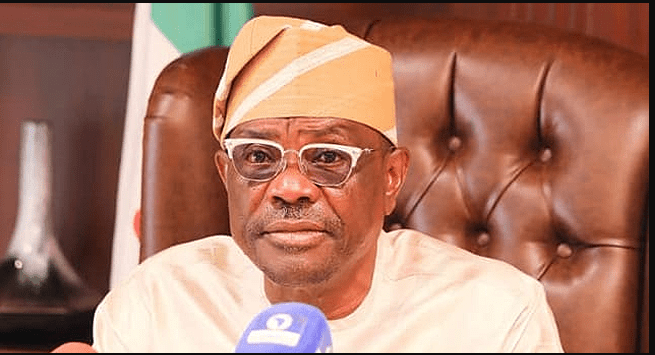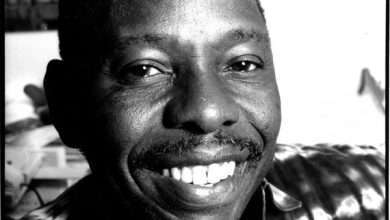Lessons from the Wike-Yerima Clash -By Faisal Suleiman Ahmad Gombe

Nigeria’s problem is not a shortage of laws but a shortage of moral courage. It’s easy to defend legality; it’s harder to demand justice. The incident in Gaduwa reflects a deeper national problem-where power is celebrated more than principle. The rule of law should protect citizens, not crush them.
The recent clash of words between the Minister of the Federal Capital Territory, Nyesom Wike, and Naval Lieutenant A.M. Yerima, an ADC to the former Chief of Naval Staff Vice Admiral A.Z. Gambo (Rtd), has stirred intense public debate with many legal experts quickly quoting the Land Use Act to defend the minister’s right to revoke land. However, our problem in Nigeria has never been about law-it’s about how people in power use it to advance their own interests which in many occasions do not resonate with the public interests.
It’s true that the Land Use Act gives the minister a total control over land in the FCT. It also empowers him to revoke any land for the sake of public interest. The bottomline, however, is when those in power resort to intimidating, punishing, or bullying others, that is how the law loses its moral lustre. A law that is applied without fairness becomes oppression with a legal face.
According to reports, the disputed land in Gaduwa was legally owned by Vice Admiral Gambo, with proper documentation. Yet, it was suddenly revoked, without notice or compensation, and the minister personally led an enforcement team to the site. Even under the Land Use Act, such actions violate due process. Revocation must be justified by public interest-not political anger. When law becomes a weapon for personal power, justice dies quietly, giving way to anarchy and favouritism.
Even if the revocation were lawful, should it justify the public humiliation of a commissioned officer on an official duty? Authority must come with restraint. Leadership without discipline quickly turns into arrogance. Lieutenant Yerima’s calmness and respectful composure under pressure spoke volumes about character and professionalism. His words, “I am an officer, I have integrity,” echoed far beyond that confrontation.
Some have argued that civil authority must always supersede military command. That’s true in a democracy. But when those in power use legal cover to commit injustice, blind obedience becomes moral weakness. The line between law and conscience must always be clear. Refusing to cooperate with wrongdoing is not rebellion-it is courage guided by conscience.
Nigeria’s problem is not a shortage of laws but a shortage of moral courage. It’s easy to defend legality; it’s harder to demand justice. The incident in Gaduwa reflects a deeper national problem-where power is celebrated more than principle. The rule of law should protect citizens, not crush them.
Lieutenant Yerima’s restraint in the face of provocation reminds us that dignity and discipline are stronger than authority and intimidation. True leadership is not about how much power one holds, but how fairly it is used.
You can silence a critic or threaten a journalist, but not a man whose loyalty is to truth and conscience. Sometimes, quiet integrity speaks louder than power.
Faisal Suleiman Ahmad Gombe. You can reach me via my email: sulaimanfaisal08@gmail.com



